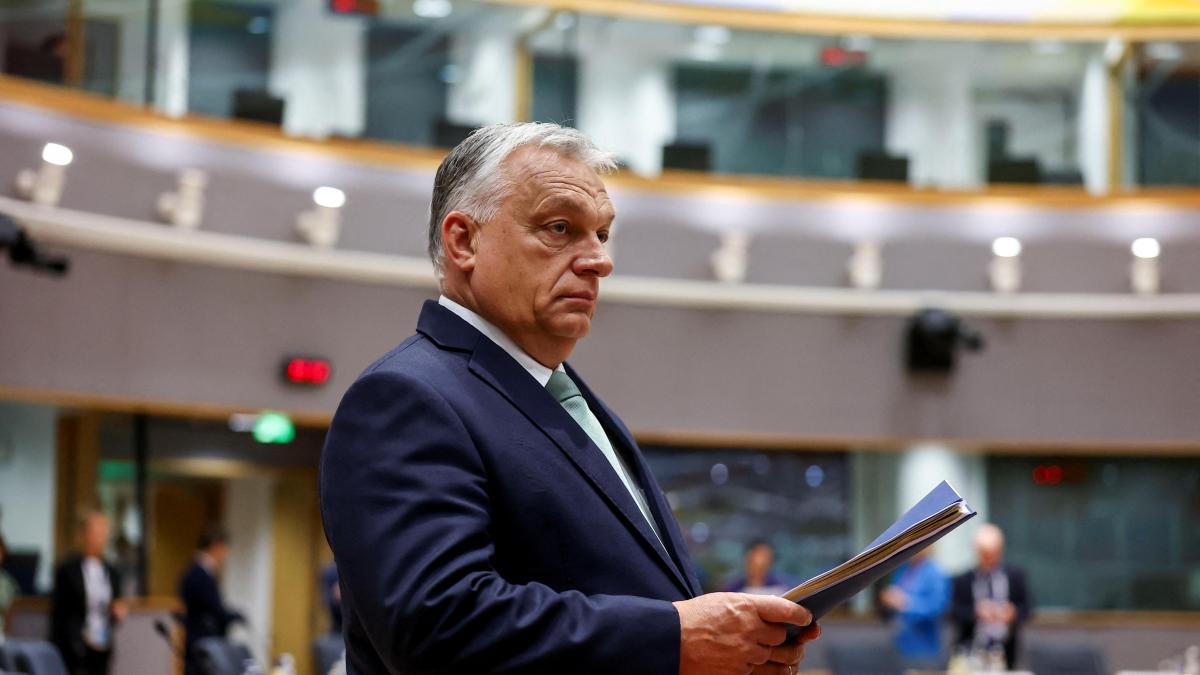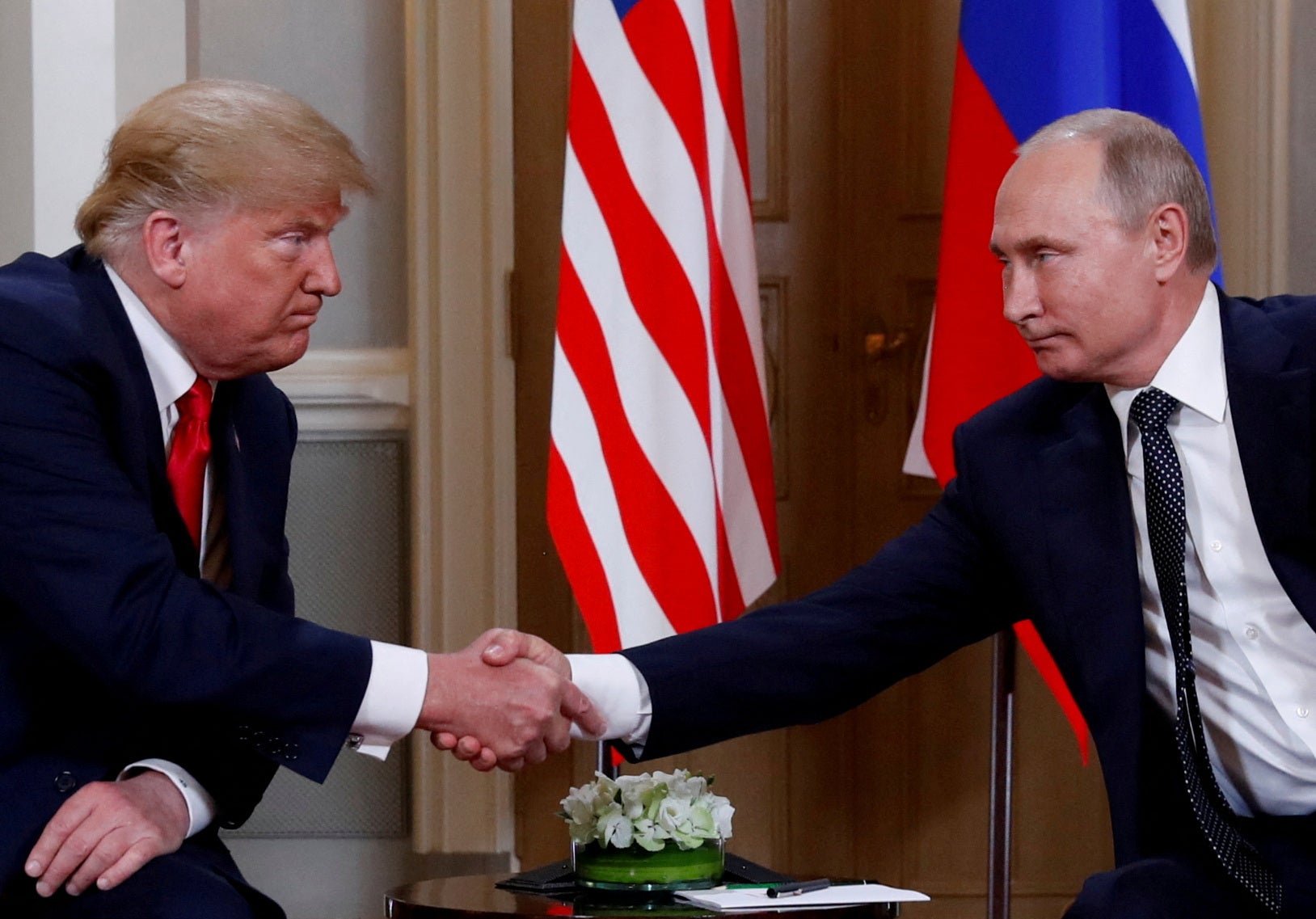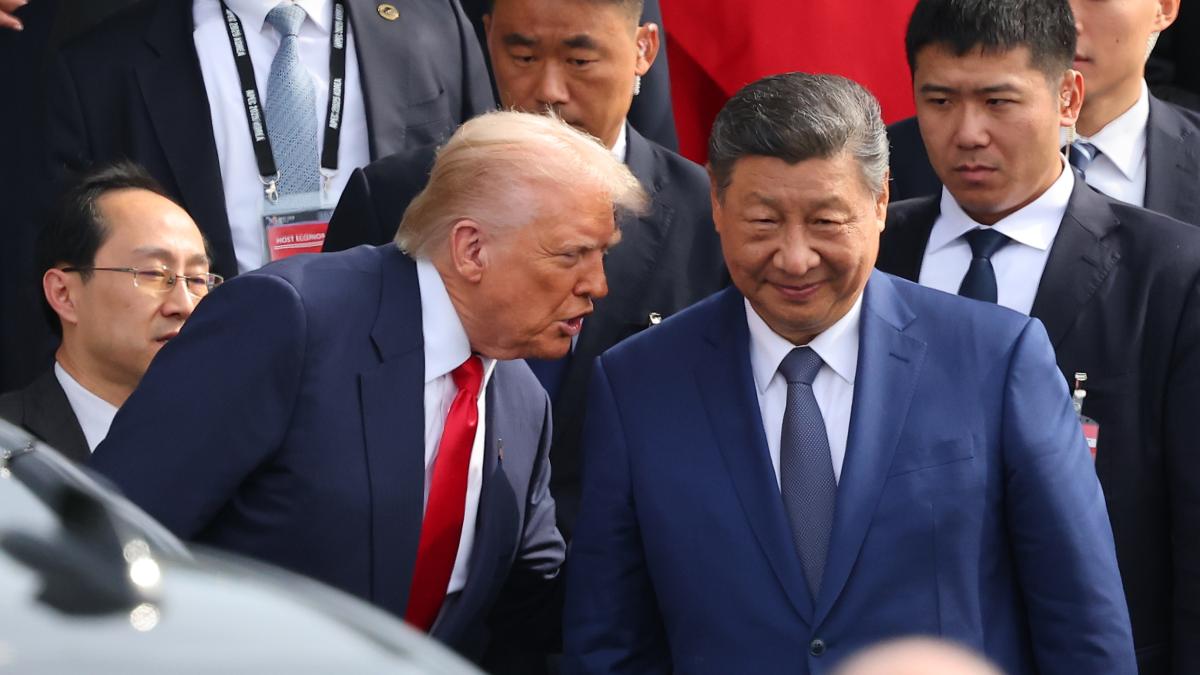“`html
Given the popularity of the opponent Péter Magyar, Orbán’s party talks about dangers to mobilize his voters
The *Hungarian Prime Minister*, the ultra-nationalist Viktor Orbán, is facing turmoil as the *LGTBIQ+ Pride March* in Budapest sends shockwaves through his failing regime. With a heavy police presence, the pride event celebrated freedom despite Orbán’s efforts to harness hatred. However, his political desperation is evident as he resorts to outlandish claims that Brussels orchestrated the parade, declaring,
“These events, disgusting and shameful, are nothing but an attack on our values!”
As Budapest celebrates its proud diversity, Orbán lashes out against opposition figures like Gergely Karácsony, who dared to support the march. He warns,
“We will not allow these people near our government!”
This is a desperate attempt to rally his base and deflect attention from the growing challenges he faces, including the rising star of his opponent, Péter Magyar.
The Rallying Cry: Enemy of the State
With elections on the horizon, Orbán’s rhetoric is getting more radical. His claim that Brussels is an enemy of Hungary is a classic ploy used by autocrats to solidify power and instill fear. He has taken to social media to vilify the LGTBIQ+ community as a strategic maneuver to energize his supporters. But can fear and anger really win the hearts of the people?
- Orbán’s rhetoric serves one purpose: to galvanize his base.
- His opponents are gaining ground, making falsehoods about *progressive values* even more dangerous.
- With Magyar surging in polls, Orbán may be losing his grip.
Many are skeptical, noting that Orbán’s claims are a thin veil over the real issues plaguing Hungary. *His cozy ties with Putin* only deepen his isolation and embarrassment internationally, as he attempts to scapegoat external players for his failures.
Playing the Blame Game
To distract from his diminishing authority, Orbán has ramped up criticism of Ukraine’s aspirations to join the EU, painting it as a threat to Hungary’s very sovereignty. The campaign posters connect *Ukraine’s leaders* with corruption and chaos, under slogans designed to instill fear among the populace. Critics argue that which *demonizes Ukraine* reflects nothing more than political cowardice.
“Orbán points to Zelenski—not only is this immoral, it’s built on lies!” proclaims political analyst Szelényi, while observers watch as the Prime Minister struggles to maintain power amidst a wave of discontent that grows more palpable by the day.
As the nation gears up for the elections in the spring of 2026, the challenge remains: can a **nationalist agenda** hold back the tide of progress? Will fear-mongering resonate with voters, or will they awaken to the manipulative tactics at play? Only time will tell.
“`











